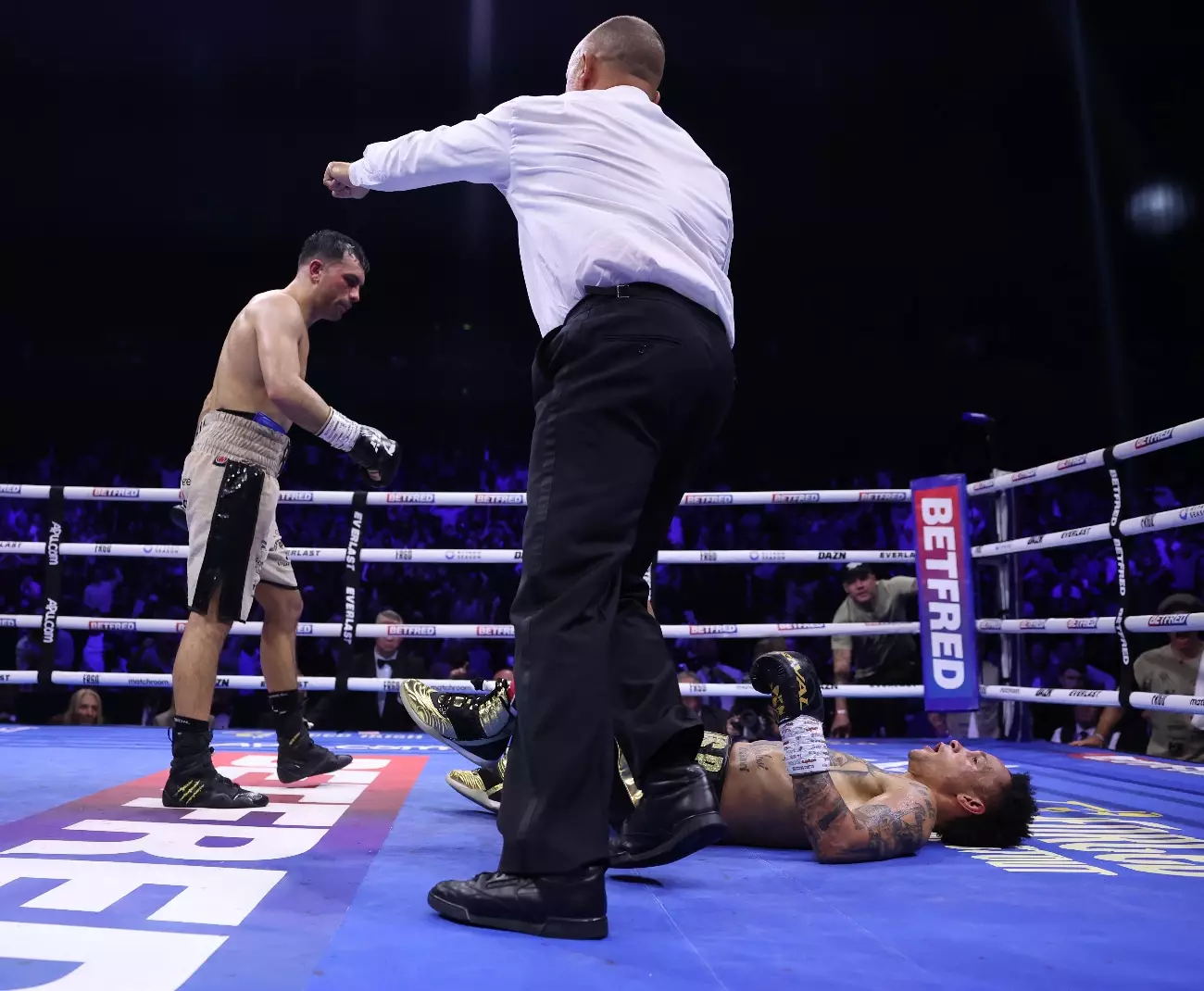In the world of boxing, matchmaking is not just an art; it’s a critical factor that can determine the trajectory of a fighter’s career. Recent events surrounding former champion Regis Prograis have stirred up quite the debate, especially following his latest defeat against Jack Catterall. With Prograis now at a precarious 29 wins, 3 losses record, questions have emerged regarding the efficacy of Eddie Hearn’s matchmaking decisions under the Matchroom Boxing banner.
Promoter Eddie Hearn faced scrutiny from former boxing legend Oscar De La Hoya, who openly criticized the matchmaking that led Prograis into a challenging bout too soon in his career. De La Hoya’s tweet indicated that Prograis’ career was “ruined” due to Hearn’s strategy, which sparked a wave of discussions about the responsibilities that promoters carry in nurturing a fighter’s potential. This situation exemplifies the complexities that arise when career trajectories, promoter ambitions, and fighter aspirations intertwine.
Eddie Hearn, amid the controversy, defended his actions by emphasizing the financial success Prograis has experienced during his tenure with Matchroom. According to Hearn, Prograis headlined major events that ultimately earned him significant paydays. While Hearn’s confidence in Prograis’ financial success might be valid, the true concern lies in the balance between immediate monetary gain and long-term career sustainability for fighters.
Hearn justified the decision to match Prograis against Catterall, suggesting that it was ultimately Prograis’ choice to “roll the dice.” This raises important considerations about the decision-making power of fighters, especially as they age. Prograis, at 35, may not possess the same resilience and speed as he did in his 20s, thus leading to unfortunate results against younger, more adaptable competitors.
De La Hoya’s criticism stems not only from a professional standpoint but also a personal one, rooted in the emotional investment that comes with being a fighter turned promoter. His concerns echo the responsibilities that promoters have to protect their fighters while still pushing them to achieve greatness. The harsh realities of losing can often overshadow the victories, creating a painful narrative for fighters like Prograis who are seeking reinvention in a demanding sport.
Moreover, De La Hoya’s remarks challenge the premise that all promoters operate with the best interest of their fighters in mind. This feud highlights an underlying emotional landscape where each promoter must grapple with their legacy while ensuring their boxers have a fighting chance—both in terms of success in the ring and longevity in their careers.
The unfolding situation with Prograis serves as a cautionary tale for both fighters and promoters. The complexities of matchmaking can make or break careers, and while financial gains can be substantial, they should not overshadow the fundamental goal of protecting and nurturing talent. As the industry continues to evolve, a more holistic approach to matchmaking that considers a fighter’s current physical state and competitive landscape is not just idealistic; it is essential for the longevity and health of the sport.
Engaging in a battle of words between industry titans like Hearn and De La Hoya signals a deeper intersection of respect, responsibility, and the profound impact, for better or worse, that matchmaking plays in the careers of aspiring champions.

